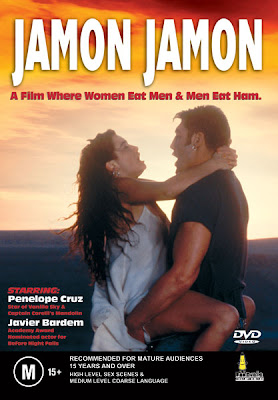 Google screenshot October 7, 2009
Google screenshot October 7, 2009In 1932 business student Wallace Flint of Harvard Business School wrote a thesis promoting an "automated grocery store" using punch cards, which customers would hand to a clerk, who would load them into a reader, causing flow racks to deliver the desired products, after which an itemized bill would automatically be produced. In spite of its promise, punch card systems were expensive, and the country was in the midst of the Great Depression, and the idea was never implemented.
In 1948 Bernard Silver (1924–62), a graduate student at Drexel Institute of Technology in Philadelphia, overheard the president of a local food chain asking one of the deans to research a system to automatically read product information during checkout. Silver told his friends Norman Joseph Woodland (1921-) and Jordin Johanson about the request, and the three started working on a variety of systems. Their first working system used ultraviolet ink, but this proved to fade and was fairly expensive.
Convinced that the system was workable with further development, Woodland quit his position at Drexel, moved into his father's apartment in Florida, and continued working on the system. His next inspiration came from Morse code, and he formed his first barcode from sand on the beach when "I just extended the dots and dashes downwards and made narrow lines and wide lines out of them." To read them, he adapted technology from optical soundtracks in movies, using a 500-watt light bulb shining through the paper onto an RCA935 photomultiplier tube (from a movie projector) on the far side. He later decided that the system would work better if it were printed as a circle instead of a line, allowing it to be scanned in any direction.
On 20 October 1949 they filed a patent application for "Classifying Apparatus and Method", in which they described both the linear and bullseye printing patterns, as well as the mechanical and electronic systems needed to read the code. The patent was issued on 7 October 1952 as US Patent 2,612,994. In 1951 Woodland and Johanson moved to IBM and continually tried to interest IBM in developing the system. The company eventually commissioned a report on the idea, which concluded that it was both feasible and interesting, but that processing the resulting information would require equipment that was some time off in the future.
In 1952 Philco purchased their patent, and then sold it to RCA the same year. In 1962 Silver died in a car accident.



